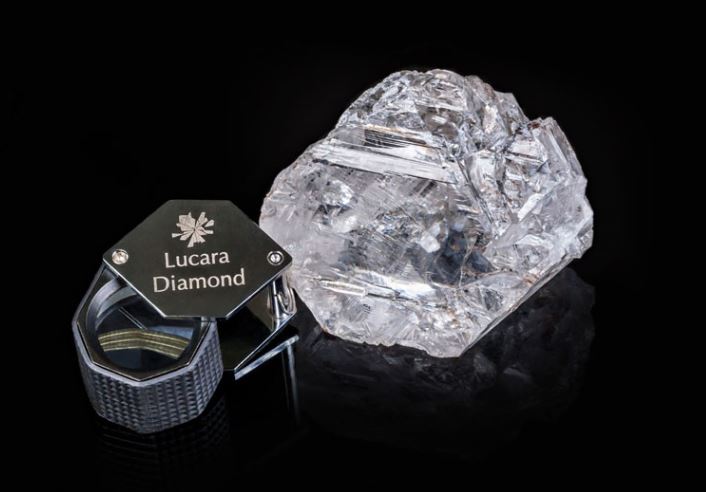The Power of Pearls: Timeless Luxury in Modern Design
Luxury jewelry is not just a collection of beautiful pieces; it is a dynamic expression of art, culture, and personal identity. As we delve deeper into the world of luxury jewelry, we uncover layers of significance that go beyond mere adornment. Each piece cincin tunangan tells a story, steeped in history and craftsmanship, inviting wearers to celebrate their own narratives through the art they choose to wear.
In recent years, the concept of jewelry as wearable art has gained significant traction. Contemporary designers increasingly view their creations as artistic expressions rather than just accessories. This shift has led to exciting collaborations between jewelers and artists from diverse backgrounds, resulting in innovative pieces that challenge conventional aesthetics. Galleries and museums have begun to showcase these works, emphasizing the cultural and historical importance of jewelry and elevating it to the status of fine art.
The legacy of heritage brands is another vital aspect of the luxury jewelry landscape. Renowned houses like Cartier and Van Cleef & Arpels carry rich histories that often intertwine with cultural milestones and notable figures. These brands are adept at marrying tradition with modernity, adapting to contemporary values while preserving their artisanal roots. Their collections not only reflect a commitment to exquisite craftsmanship but also resonate with the stories of the past, making each piece a tangible connection to history.
Gemology is an essential element of luxury jewelry, influencing both design and value. As consumers become more knowledgeable about gemstones, they seek transparency regarding the origins and ethical implications of their purchases. The emphasis on ethical sourcing and sustainable practices has become a crucial expectation for luxury brands, prompting many to adopt more responsible methods of production. This shift not only reflects a changing consumer landscape but also enhances the overall integrity of the jewelry industry.
The emotional resonance of jewelry cannot be overstated. Many people associate specific pieces with significant life events—weddings, anniversaries, and milestones—creating deep personal connections. Brands that effectively communicate the stories behind their pieces foster a sense of belonging among their customers. This narrative-driven approach resonates particularly well in a world where consumers value authenticity and seek items that reflect their unique journeys.
In the digital age, luxury jewelry is also adapting to new technologies that enhance the shopping experience. E-commerce platforms and social media have transformed how consumers discover and purchase jewelry, allowing for a broader reach than ever before. Virtual showrooms and augmented reality features enable customers to engage with pieces in innovative ways, making the experience more interactive and personalized.
Looking ahead, the future of luxury jewelry appears bright and full of potential. As trends continue to evolve, the industry is likely to embrace a more inclusive approach, celebrating diversity in design and catering to a wider range of tastes. The growing demand for customization will encourage brands to offer bespoke services that allow customers to create pieces that are uniquely theirs.
Ultimately, luxury jewelry remains a vibrant tapestry woven from threads of artistry, culture, and personal significance. It invites us to explore our identities, celebrate our histories, and connect with others through shared stories. In a world that is constantly changing, the timeless allure of luxury jewelry endures, reminding us of the beauty found in craftsmanship and the connections that enrich our lives. Whether a classic heirloom or a cutting-edge design, each piece serves as a testament to the enduring legacy of artistry and the stories we hold dear.